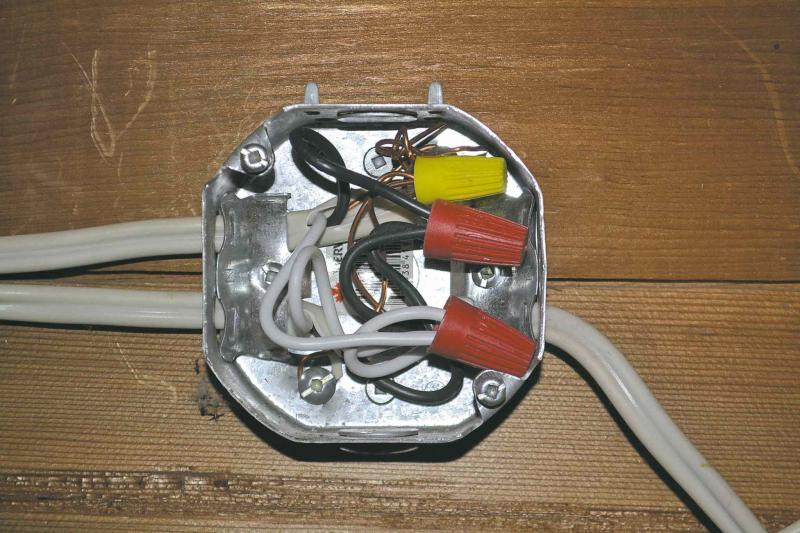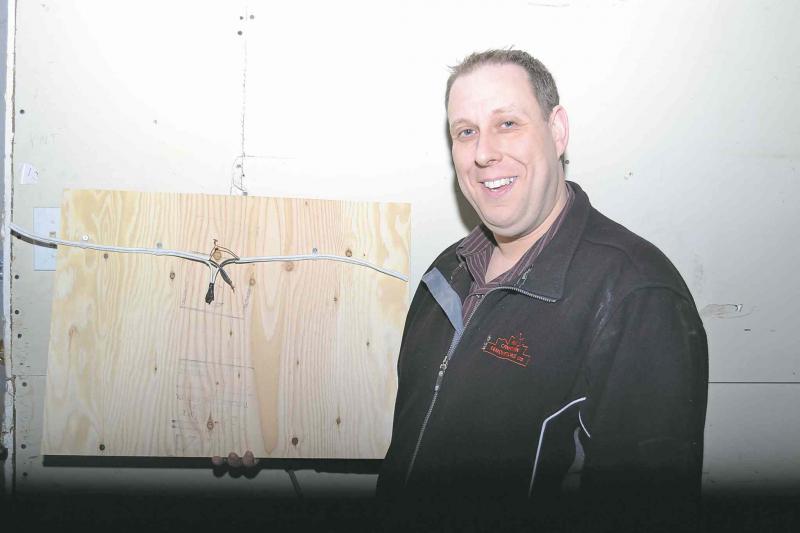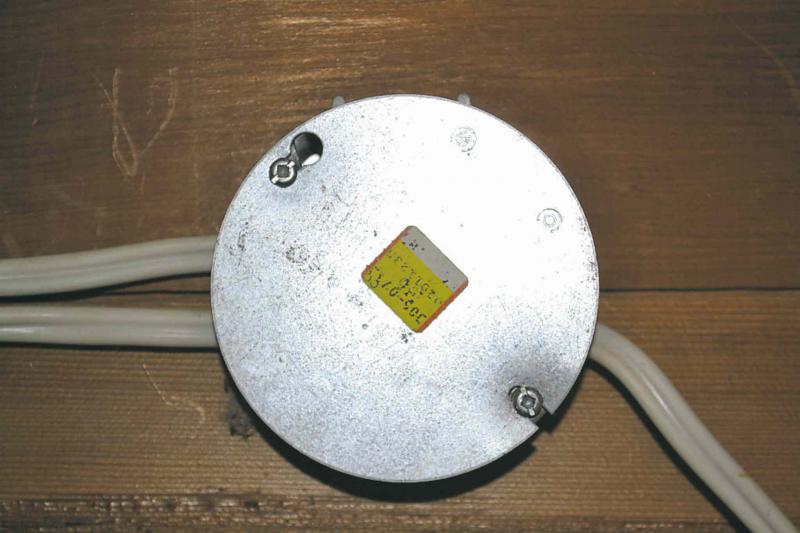

In the renovation business, they are referred to as "truck-and-ladder" contractors. Though they may offer home renos for 50 per cent less than certified contractors, hiring a fly-by-nighter could end up costing you much more money than you expected to save.
Curtis Breslaw, senior product manager at All Canadian Renovations Ltd., a fully certified Winnipeg company, said shoddy workmanship is just the tip of the roof when it comes to hiring a no-name contractor.
"These guys typically have a post-office box and a cellphone number, both of which can be changed quickly. There's a saying in the reno industry that any warranty implied by a truck-and-ladder outfit is a '50-50,' meaning it's good for 50 feet or 50 seconds after a renovation is completed. This leaves a homeowner with no recourse if the work does not meet their expectations or is flawed," said Breslaw, adding a reno company with a brick-and-mortar building is always more credible than one with no tangible assets.
Being burned on warranty work is not the worst thing that can happen to a person who elects to hire a contractor because his bid is the lowest.
In many cases, an uncertified renovator will ask a homeowner to pull and pay for a reno permit because the fly-by-nighter cannot afford to do so himself. What many people do not know is if the contractor is injured on the job and does not have workers' compensation insurance -- and most don't -- the homeowner who pulled the permit could be on the hook for the contractor's medical bills that are not covered by Manitoba Health, as well as compensation for time lost during the recovery period.
"In a worst-case scenario where an injury is really serious, the permit holder could be held responsible for ongoing medical and recovery costs that continue for years," said Breslaw.
Yet another problem has to do with uninspected electrical alterations undertaken by a truck-and-ladder renovator.
One example Breslaw sees all the time is house wire that has been connected by twisting the bare ends together without capping them with a code-approved connector or simply taping the ends together with black electrician's tape. Uninsulated copper ground wires are loosely connected and often dangle close to uncapped "hot" wires, creating the potential for a short circuit and fire. The connection is usually taped or stapled to a sheet of combustible plywood.
"An electrical inspector would never pass this sort of sloppy, dangerous wiring," said Breslaw.
Properly connected wires should be contained inside an approved electrical box with a metal face plate. The hot and neutral wires must be connected with marquet twist-on connectors or a suitable alternative and ground wires must be connected to screws inside the box, as well as twisted tightly together, according to a journeyman electrician.
If a fire caused by faulty, uninspected wiring is not sufficient reason to stay away from discount contractors, then consider plumbing.
Whether it is a sewer or water line, a leaking connection inside a wall can be the cause of multiple problems including nasty smells, mould growth, higher water bills, rotten studs and crumbling drywall.
One couple I spoke with said a house they purchased had a bad smell in one bathroom, but they couldn't locate the source until they decided put in a new bathtub.
Behind the old tub, they found a metal sewer pipe that had rusted away and been repaired by stuffing sheets into the breach.
When the couple contacted the previous owners, they were told that a contractor had offered to fix the problem for a "very reasonable price."
When the contractor could not be located, the previous owners told the couple they would pay for a proper repair job, even though they were not obligated to do so.
Yet another way a homeowner can be screwed by a disreputable renovator is to be persuaded to spend a large chunk of money renovating that will not be recovered if the house is put up for sale.
Breslaw said he recently told a client that as much as All Canadian would like to sign a large contract to renovate the man's house, the company felt it was unethical to undertake the work.
"I informed the guy that he would be overspending on the renovation because of his home's location in the city. He would never be able to re-coup or make money on his reno investment if he decided to sell."
Breslaw told the homeowner unless he and his family loved the area or had other compelling reasons to remain there, they would be better off to sell and purchase a home in a more upscale area of Winnipeg.
"A truck-and-ladder contractor is not going to be forthcoming with information like that because all he wants is your money... the more he gets the better," said Breslaw.
In order to attempt to weed out fly-by-nighters from the reno business, I recently learned the Manitoba Home Builders' Association (MHBA) is about to offer a program called Aging in Place to certify renovators to work with elderly people so they came remain in their homes.
Seniors will be referred by MHBA to builders who have taken and qualified for the program.
Also in the works is an initiative to further expand the national presence of the RenoMark program, which guarantees people they are hiring a company certified to meet the high standards of RenoMark members.
If you have any doubts or questions about a renovating company, contact the MHBA at 204-925-2578 for answers.
davidsquare81@yahoo.com




